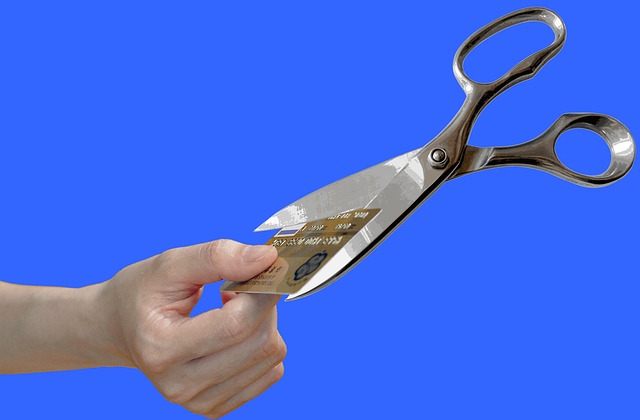We all know that credit is important. It is the currency of life and can help you buy things, get a job, and even find a place to live. However, it can also be a source of stress and anxiety. So it’s important to know how to manage your credit so that you don’t make these five common mistakes.
Not checking your credit report regularly
A credit mistake that is often made is not checking your credit report regularly. Not checking your credit report regularly can lead to problems with a loan or even getting a job in the future. It’s important to check your credit report regularly, so you can spot mistakes and fix them before they cause problems. If you don’t check your credit report, it might be too late.
Not paying attention to the details of your credit card account
When you are not paying attention to the details of your credit card account, you are opening yourself up for costly credit mistakes. These mistakes can be costly, but they can also be easily avoided. Credit mistakes that people make often include: forgetting about a balance transfer fee, spending more than their limit, and missing a payment deadline.
One way to avoid credit mistakes is to make it a habit to check your credit card balance multiple times throughout the day. This will allow you to see what your balance is and if you are spending more than your limit. If you do not have enough money in your account, it is easy for these mistakes to happen because people might spend without realizing that they do not have enough money in their account until the transaction has already gone through.
Using more than 30% of your available credit
Credit mistakes are easy to make, but they can have a lasting impact on your credit score. Some of the most common credit mistakes that people make include: not checking their credit report, using more than 30% of their available credit, forgetting to pay bills on time, not paying off debt, and not checking their annual free credit.
Issues of identity theft
It’s important to know the difference between credit mistakes and identity theft. Credit mistakes are when you make a mistake with your finances and it affects your credit score. Identity theft is when someone uses your personal information to open an account or buy things without your permission. It includes stealing your credit card information, taking over your email or social media accounts, and other types of deception.
Failure to report changes in your account
Another credit mistake would be to not report any changes in your account to the company that issued the card or loan. This includes if there is an error in their records or if you move or change jobs. If there are errors in their records, then it can take time for them to fix them and this could lead to problems with getting loans in the future.
Not taking care of your credit score
Your credit score is important for many reasons. It can affect your ability to get a loan, qualify for a mortgage, or even get a job. One of the most common mistakes people make with their credit score is not taking care of it.
Another mistake would be to not pay off the balance every month. If you don’t pay off the balance every month, this will show up as debt on your account and it can affect your credit rating negatively.
People often forget to check their credit score or they don’t know how often they should be checking it, so they end up missing important information that could have an impact on their future.
How to maintain a good credit score
There are several things people can do to maintain their credit score. Below is a list of the most important things to do
• Check your credit score every four months and review your report.
• Make sure creditors are sending you bills and paying on time, including utilities. If they aren’t, contact them right away and make sure they get that taken care of before it affects your credit score negatively.
• Monitor your credit card statements for any suspicious activity on your account. If you see any, contact the company immediately.
• Understand your credit score
A good credit score is a foundation for any positive financial decision. Know what your score is and understand how it affects your life.
• Only apply for credit if you need it
Apply for credit only when you need it, and don’t take out more than you can afford to repay. If you don’t need a loan, don’t take one out.
• Be honest with yourself about your spending habits.
If you are in debt because of irresponsible spending habits, then address the issue head-on and make a plan to change them.
If you want to buy something that will put you in debt, ask yourself why? Is it worth it? Will this purchase make me happy? Is there an alternate way I could get this item without putting myself in debt?
Conclusion
It is important to have a good credit score. It is a rating of your creditworthiness. A good credit score will help you get loans and other financial products at lower rates. However, there are some mistakes that you should never make with your credit card, which will ruin your credit score.



